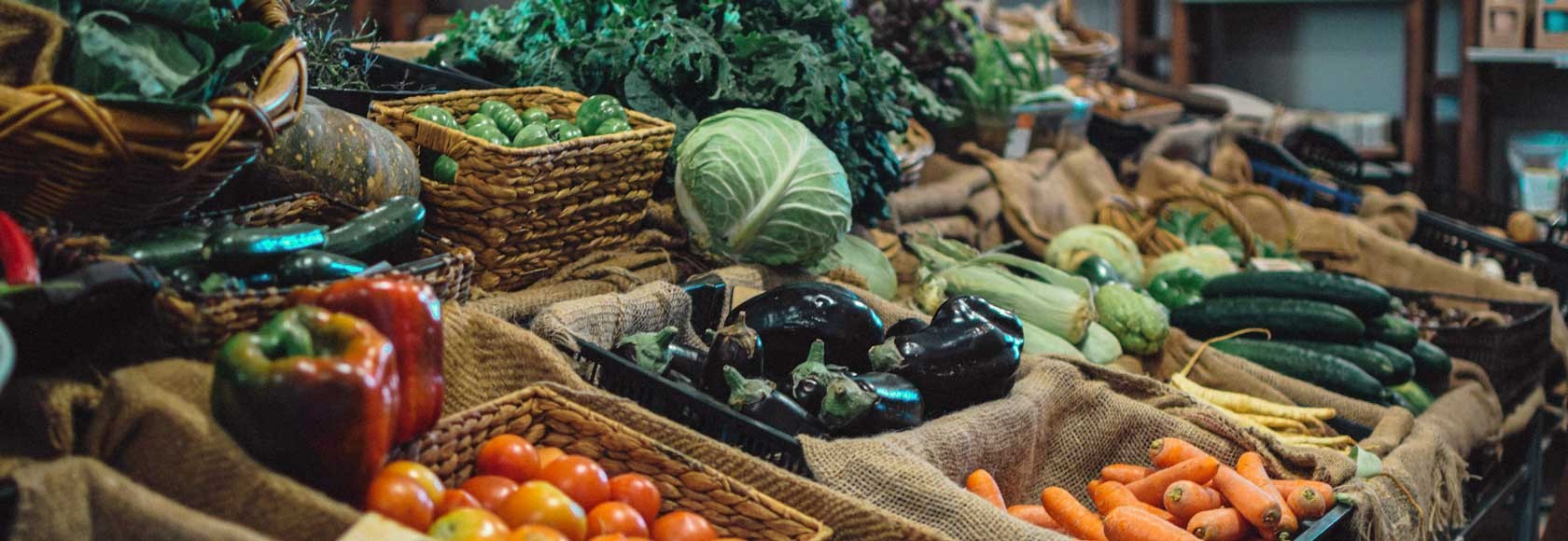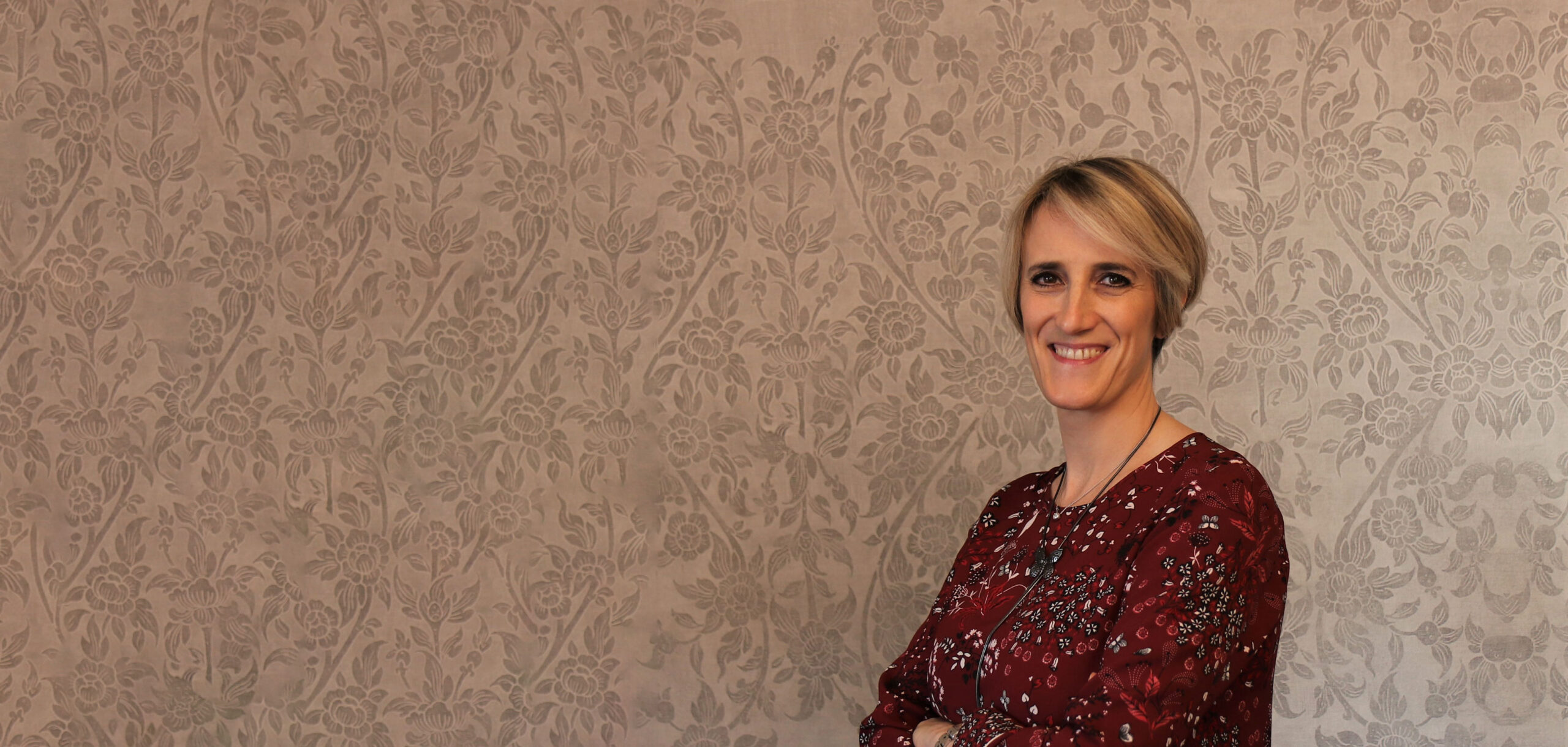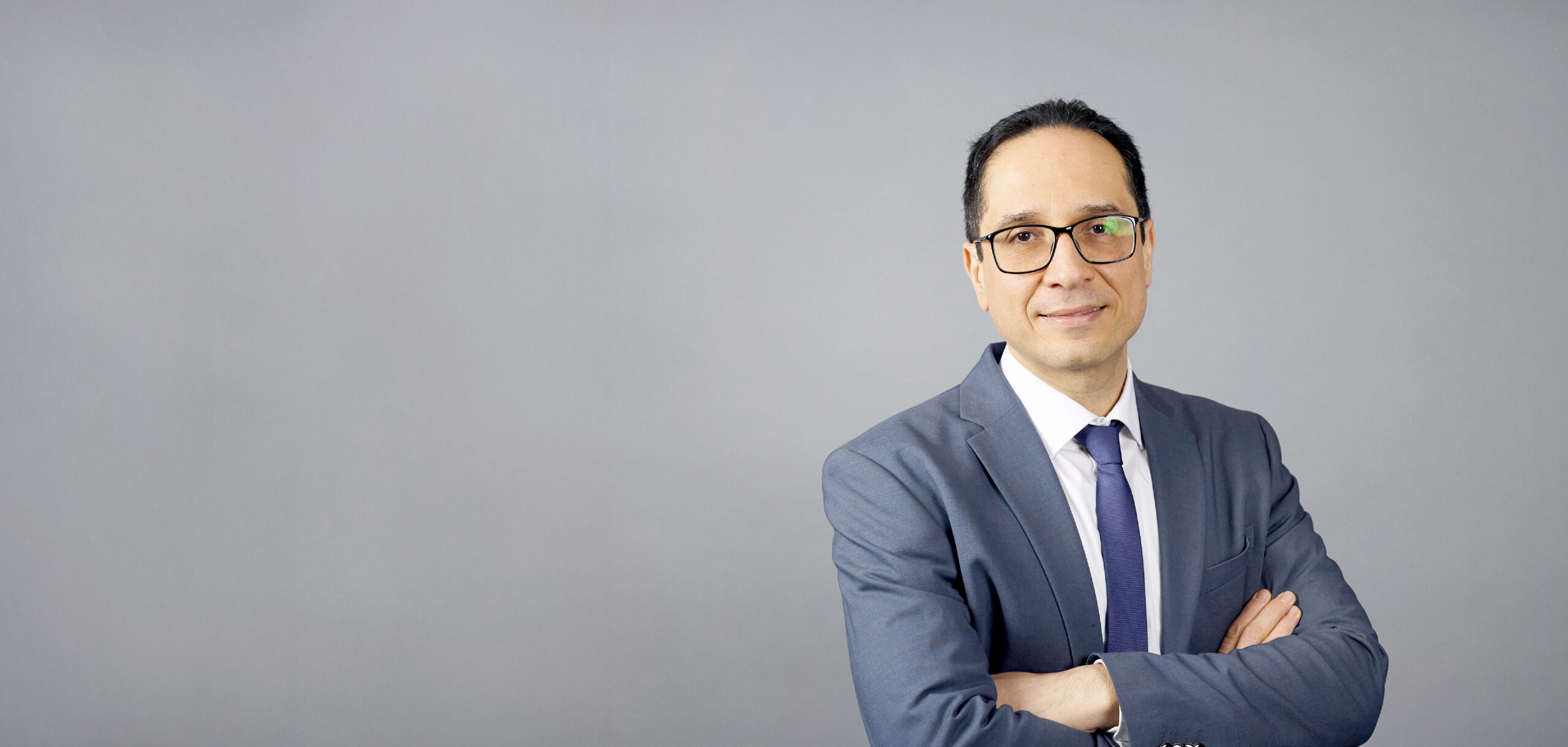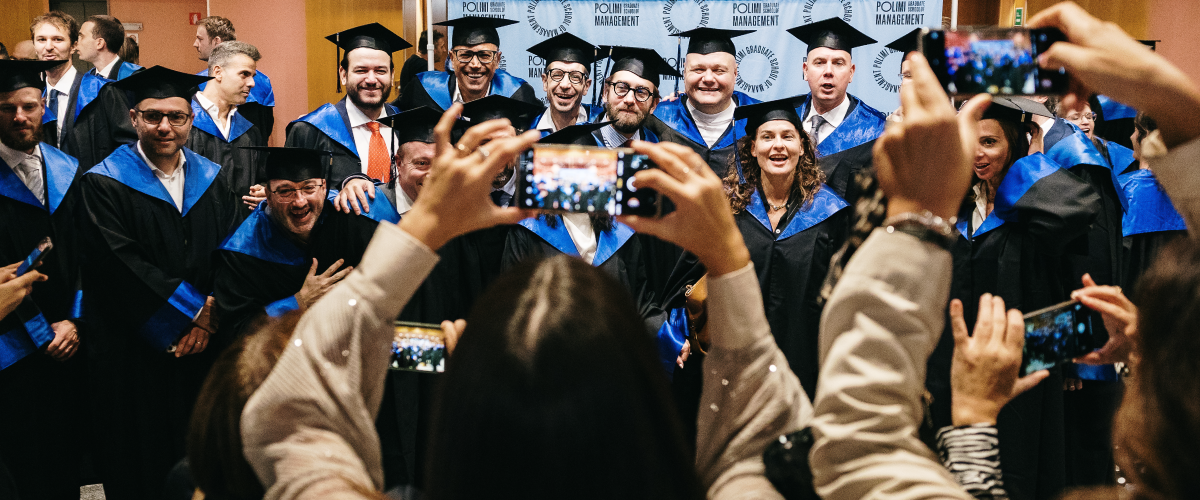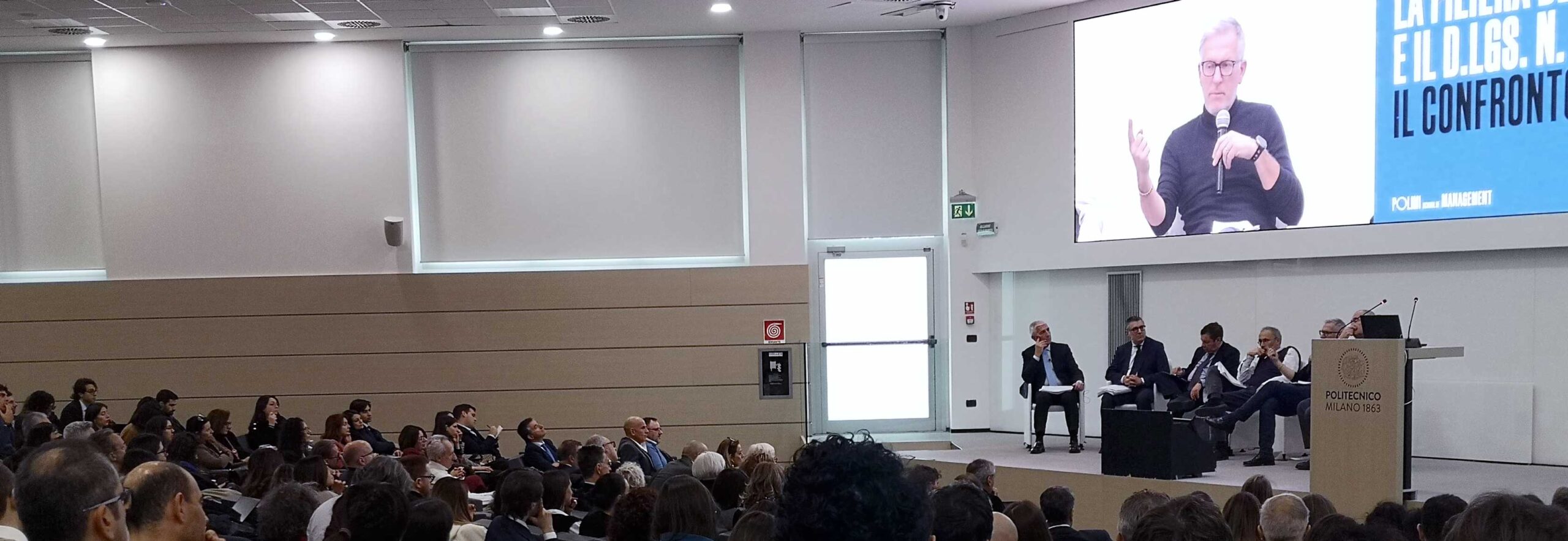

Award | 8 Oct
A POLIMI School of Management research recognised at the Academy...
Giacomo Dei, a PhD candidate at the POLIMI School of Management of Politecnico di Milano,...
Read
Award | 1 Oct
The POLIMI School of Management was awarded at TEMSCON Global...
From 4 to 7 August 2025, the international conference organised by the IEEE Technology and...
Read
